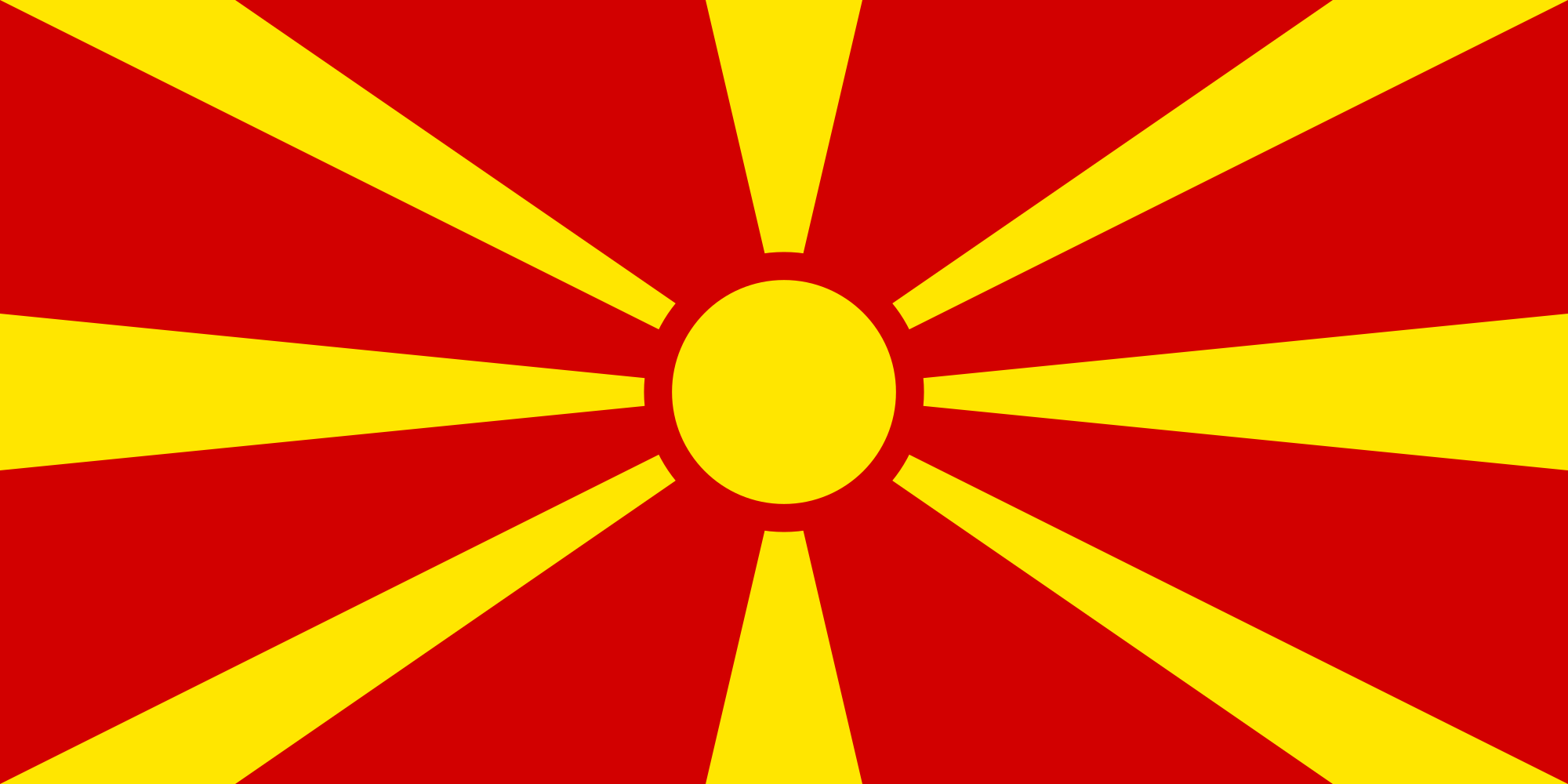4 October 2018
What’s In A Name?
The Republic Of Macedonia, aka…
By Neil Tidmarsh
 Nick Conrad, a BBC Radio Norfolk presenter, must have been very puzzled as well as alarmed when he received death threats via Twitter. No, it wasn’t anything to do with Alan Partridge (isn’t he a Radio Norfolk presenter too?) – it was a backlash against the rap song Pendez Les Blancs (“Hang the Whites”) which Nick Conrad had released, complete with a grisly YouTube video (no, don’t click away from me to take a look at it, you gruesome lot – it’s already been taken down).
Nick Conrad, a BBC Radio Norfolk presenter, must have been very puzzled as well as alarmed when he received death threats via Twitter. No, it wasn’t anything to do with Alan Partridge (isn’t he a Radio Norfolk presenter too?) – it was a backlash against the rap song Pendez Les Blancs (“Hang the Whites”) which Nick Conrad had released, complete with a grisly YouTube video (no, don’t click away from me to take a look at it, you gruesome lot – it’s already been taken down).
Only, Nick Conrad the BBC Radio Norfolk presenter hadn’t released the song or posted the video – but a French rapper of Cameroonian origin with the same name had. In Paris this week, the rapper Nick Conrad was ordered to stand trial next January for incitement to violence because of that video and the lyrics of his song.
As if that case of mistaken identity this week wasn’t enough to illustrate the dangers of two people sharing one name (and let’s not get side-tracked into the confusion of two names sharing one person – Ruslan Boshirov/Anatolly Chepiga, not to mention his mate Alexander Petrov/????), another story in the news this week suggested that this kind of mistaken identity could blow up into World War III.
Ever since the name ‘Macedonia’ was adopted by the southern Balkan republic in 1991 (on independence following the break-up of Yugoslavia), it has been a source of conflict with its neighbour Greece. Macedonia is the ancient name of one of Greece’s northern provinces. Quite apart from the confusion guaranteed by two places having the same name, the province and its name are culturally important to Greece because it was the homeland of Alexander the Great. Simply using the name was enough to annoy the Greeks, but the Republic of Macedonia’s subsequent attempts to appropriate Alexander the Great as its hero (a colossal bronze statue of Alex was erected in the centre of Skopje) were even worse; and suspicion that the independent republic’s name revealed territorial ambitions on the Greek province was intolerable.
So the Greek government blocked any possibility of the republic joining the EU or Nato unless it changed its name. Long-running negotiations between the two governments recently resulted in a compromise; the state would change its name from ‘the Republic of Macedonia’ to ‘the Republic of North Macedonia’ and drop its claim to Alexander the Great’s heritage. And this week a referendum enabled its 1.8 citizens to vote on it. If they accept it, then the parliaments of both countries will debate it and vote on it.
Feelings are running high on both sides. Many citizens of the Republic of Macedonia see the agreement as a betrayal and their prime minister and his government as traitors for recommending it. Many Greeks are angry that the republic will be able to retain the word ‘Macedonia’ and similarly feel betrayed by their government. Violence threatens. The issue could be enough to tip either country into the civil conflict which has been looming in recent years (austerity and economic pain in Greece, and ethnic tension between Albanians and Serbs in the republic of Macedonia), quite apart from the possibility of conflict between the two countries themselves. The stability of the Balkans is under threat.
But the issue is even bigger than the Balkans. The name-change is the latest battle-ground between the East and the West, between Putin’s Russia and the Europe of the EU and Nato. In recent years, the area has been shaping up to be the flash-point of conflict between these two antagonists (see President Putin’s Other New Friends, Shaw Sheet issue 80, 17 November 2016) as the West spreads its influence east into these states which have traditionally been Russian satellites. Western governments including the USA, Germany and France have backed the compromise, as it would open up the possibility of bringing the republic into the EU and Nato and out of Putin’s orbit; Moscow has, allegedly, been employing its whole sinister bag of tricks to persuade the republic’s citizens to reject the name-change and so keep it out of Nato and the EU.
Preliminary figures suggest that 91% of voters in the referendum accepted the change of name; but the turnout was low – at only 37%, it fell far short of the 50% threshold. Nevertheless, prime minister Zoran Zaev has promised to press on with a vote in parliament. The world holds its breath, mindful that Skopje is not so very far from Sarajevo and that it was a spark from the Balkans which fell into the tinder-box of East/West tensions to set off World War I just over a hundred years ago.
So, to take your mind off the frightening idea of Sarajevo 1914 repeating itself in our time, let’s finish off with another ‘What’s in a name?’ story in the news this week. A Belgian politician standing in local elections in Lobbes, near Charleroi, has been blocked by Facebook because it judged his name to be “offensive and inappropriate”; so Mr Luc Anus is having to call himself Mr Luc Anu in order to campaign on-line. He’s hoping that the publicity will help him in the ballot-box; after all, in elections in Brussels in 2012, images of the election poster of the candidate Jean-Claude Prick went viral.


